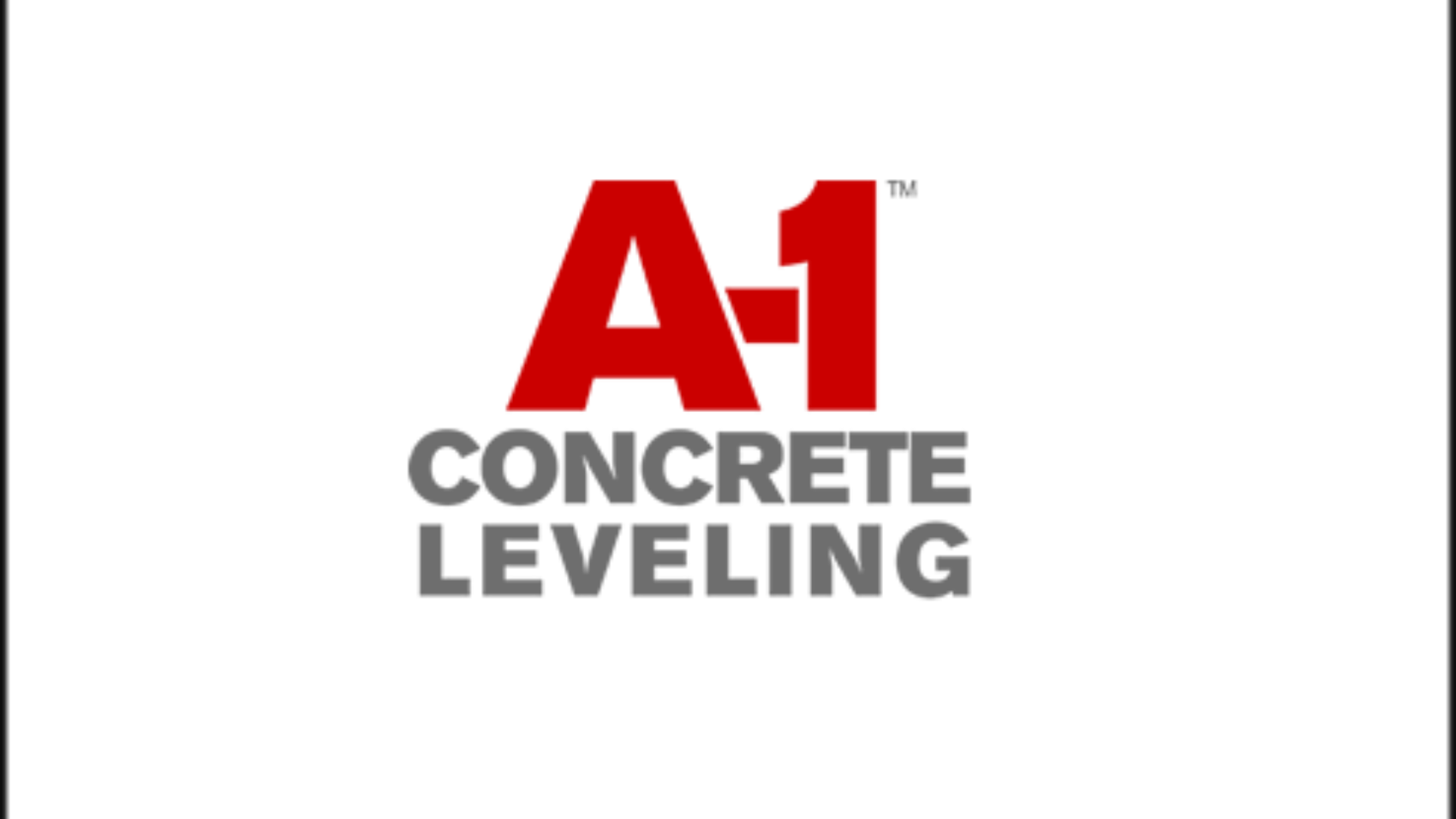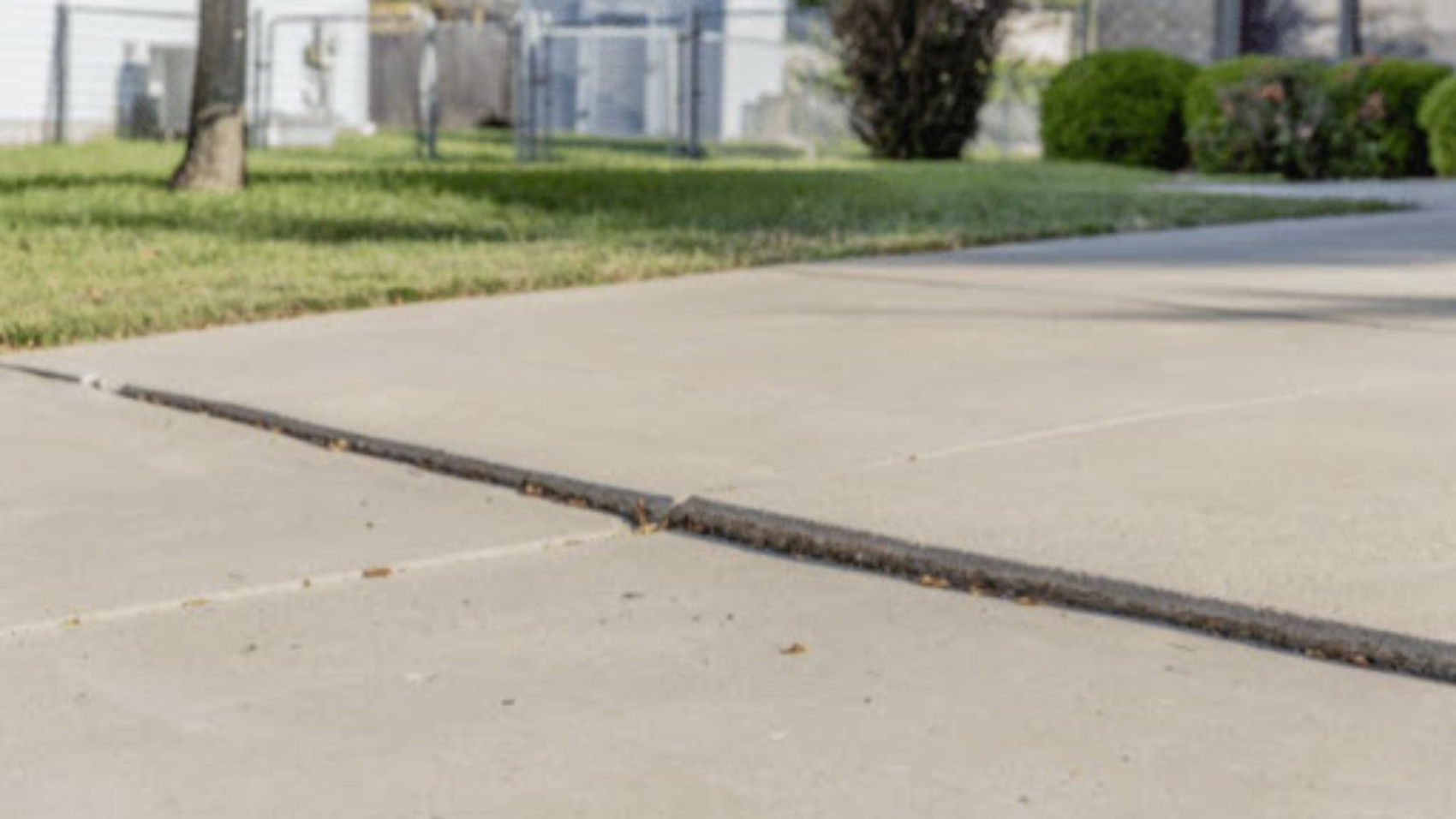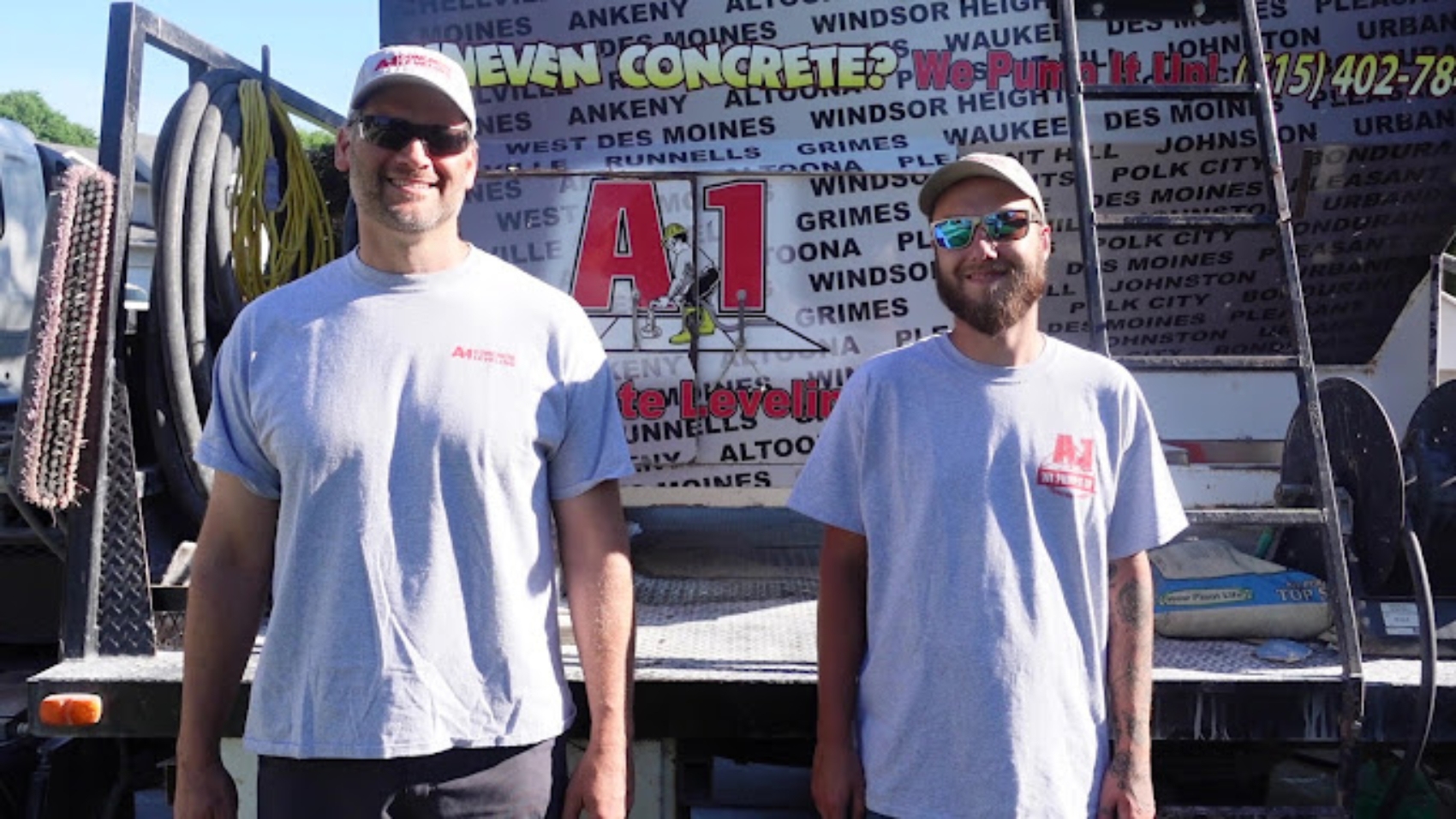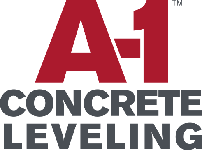Summer is here, and it’s the perfect time to get your outdoor spaces looking great and functioning safely. Uneven concrete can be a real hassle, but A-1 Concrete Leveling of Des Moines is here to help! We specialize in leveling concrete for patios, stairs, pool decks, driveways, sidewalks, garages, and slabs, making your property safe and beautiful again. Let’s dive into how our services can make your summer smooth and enjoyable.
Patio and Pool Deck Leveling
Your patio and pool deck should be a place of relaxation, not a tripping hazard. Uneven slabs can make these areas dangerous and uncomfortable. Here’s how A-1 Concrete Leveling can help:
- Patios: If your back patio is uneven, cracked, or sunken, it’s hard to relax and enjoy the space. We level your patio, making it safe and comfortable again. Plus, our process is faster and more affordable than a full replacement.
- Pool Decks: A level pool deck is crucial for safety. We can fix sunken or uneven slabs, ensuring that your pool area is safe for everyone to enjoy. Our service is quick, eco-friendly, and retains the original look of your concrete.
Driveways and Sidewalks
A bumpy driveway or sidewalk is more than just an eyesore; it’s a safety risk. Whether for your home or business, A-1 Concrete Leveling has you covered:
- Driveways: Over time, sections of your driveway can lift or drop, creating an uneven surface. We level your driveway efficiently, saving you money compared to a full replacement. This not only improves the look of your property but also enhances safety and convenience.
- Sidewalks: Cracked and uneven sidewalks can be dangerous for pedestrians. We level sidewalks quickly, making them safe to walk on again. You can count on us to do the job right, with minimal disruption to your daily life.
Garages, Stairs, and Slabs
From your garage floor to the stairs leading up to your home, we ensure every part of your property is level and secure:
- Garages: An uneven garage floor can be a nuisance, causing problems for parked vehicles and stored items. We level your garage floor, providing a smooth, stable surface that lasts.
- Stairs: Uneven stairs are a serious safety hazard. We level each step, ensuring they are safe to use and look great.
- Slabs: Whether it’s a foundation slab or a smaller concrete pad, we can level it. Our patented leveling process ensures durability and quality, giving you peace of mind.
This summer, let A-1 Concrete Leveling of Des Moines help you enjoy your outdoor spaces to the fullest. With our professional, efficient, and cost-effective services, you can have safe and beautiful concrete surfaces all season long.
For more information or to schedule a free consultation, call us at 515-402-7848. Let’s make your summer smooth and level together!





